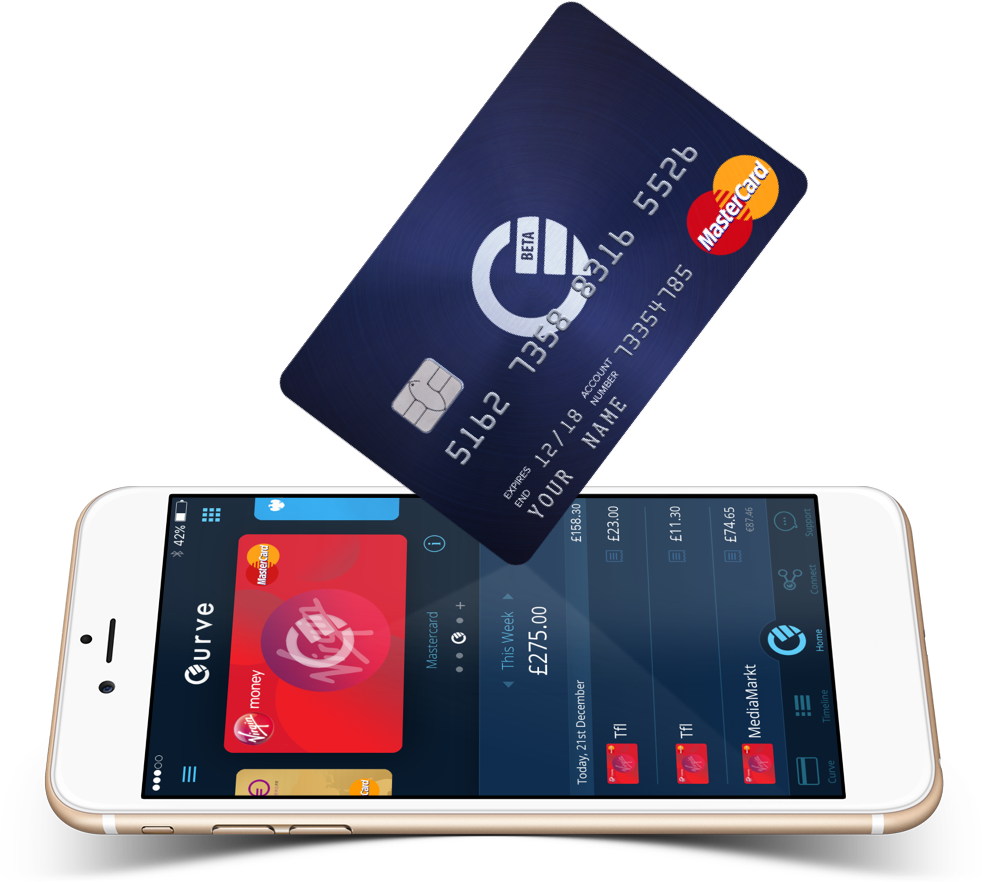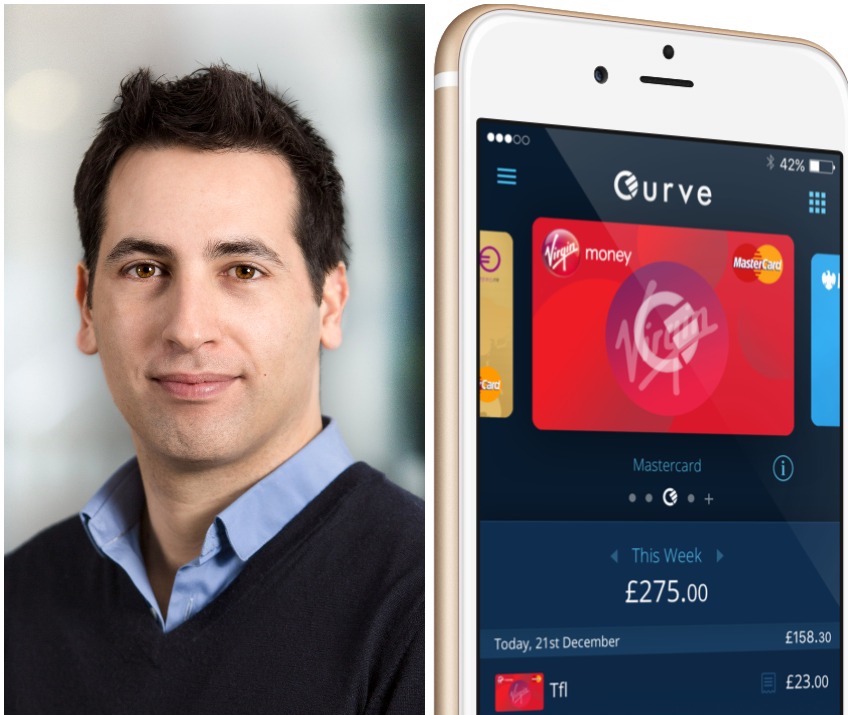From Tel Aviv to Singapore and a quick stop in Paris, Shachar Bialik has landed in London, creating a fresh new innovation to the fintech world with Curve. Bringing together all your banking accounts, credit cards and rewards cards into the cloud, Curve allows you to access them all from one master card, removing the stress and confusion of a bulging wallet.
The trendy Shoreditch business has been growing rapidly, looking to add to its 35 strong workforce as Shachar makes his mark on the London fintech industry.
What is Curve?
Curve came to the world 4 years ago – this is my fifth start up – after I moved to the UK from Israel. After the first 4 start ups I decided to take some time off and studied an MBA and visited Singapore and France. I came to London and got a job but during that time I got an idea for a product that would fit into the fintech space. I discovered that as a professional I was finding it difficult to track and maintain my finances across different accounts and, as an Israeli and spending time in France and Singapore, I had multiple cards and accounts and I didn’t really understand what is going on with my money.
With that problem in mind, the vision we have is to create the unique financial world for the users. We wanted to find a way to make it easier to spend and view your money across different accounts. We wanted to give customers the tools to better save money and be constantly aware of what is going on.
We didn’t want customers to have to worry about where their funds were or if they had the right card with them so we thought if your accounts were in the cloud and you could access them all through one card – and if you lose your wallet with the card in you can still use your phone for additional security – that would be better.
How did you know there was a market for this?
I did a lot of research when I realised that we were going to go ahead with this. The financial world is in a revolution, we are in the process of making all our funds digital and we felt that the major turn point for that would be convergence. So X years from now our children will use their digital devices, whichever form that will take, which will allow them to access everything they want, including finances.
We also took great interest in who else was working in this space and looking to innovate? Are we the first? Most likely not. So we looked at a few businesses and assessed why they didn’t succeed and we formed out own business around that knowledge.

How did you get funding for Curve?
This was the most difficult process compared to my other businesses and thats mainly because I didn’t know anyone in London. An angel jumped on board early on but I had to create my own network and make those connections myself. There are plenty of ways to source funding in the UK and once you have those connections it gets a lot easier.
What is your history?
At aged 16 I was kicked out of school for making too much noise whilst still keeping good grades. I joined a programme we have in Israel where you do a three year degree and then its compulsory that you do 2 years in the military. I started computer science then served in the army. I was lucky enough to be selected for the Israeli special forces during that time but unfortunately I was injured at 21 and had to leave.
I had a few friends who were also medically discharged and we had an idea for our first business, which was fairly revolutionary at the time of 2001; we wanted to make selling and buying cars easier through online and SMS communications in Israel.
Why did you choose to start Curve in the UK?
Language is very important if you are looking to live and work somewhere and I didn’t want to go to the United States. The EU programmes for incentivising innovation was better and more of a pull.
With Europe, there is such an opportunity to get immersed in different cultures and talent pools so it is great for a company to develop and grow. There are also some of the best marketing, PR and design agencies in the world all based here in London, so it was an obvious choice.
Brexit put a question mark over the movement of people and how you go about recruiting talent and there is also a question mark over the free movement of financial services but I am very optimistic by nature and I believe the UK doesn’t want to lose the unique advantage it has over the rest of the world when it comes to finance and talented people.
Whats the difference between setting up in Israel or London?
It is very easy to set up a company in the UK. The culture is very agreeable to starting up and being entrepreneurial. There is this feeling of not fearing failure and you are encouraged to be creative and start something you want to do. There are some great helplines for UK businesses like R&D tax which was a real blessing for us and would have made things a lot harder but there are so many things to incentivise entrepreneurs to start.
What advice would you offer entrepreneurs?
Overcoming your fear of failure is a big part but you must also have the balls to start. Don’t just start on any idea, discover a product and do your research to see if it is needed and if you can make something of it.
Your time is the most important commodity you have so you need to make sure you use that time wisely, by researching and ensuring that this is a viable business that you have.
Make sure you also bring the right team with you who have the same vision and ambition because they will help drive you forward.






